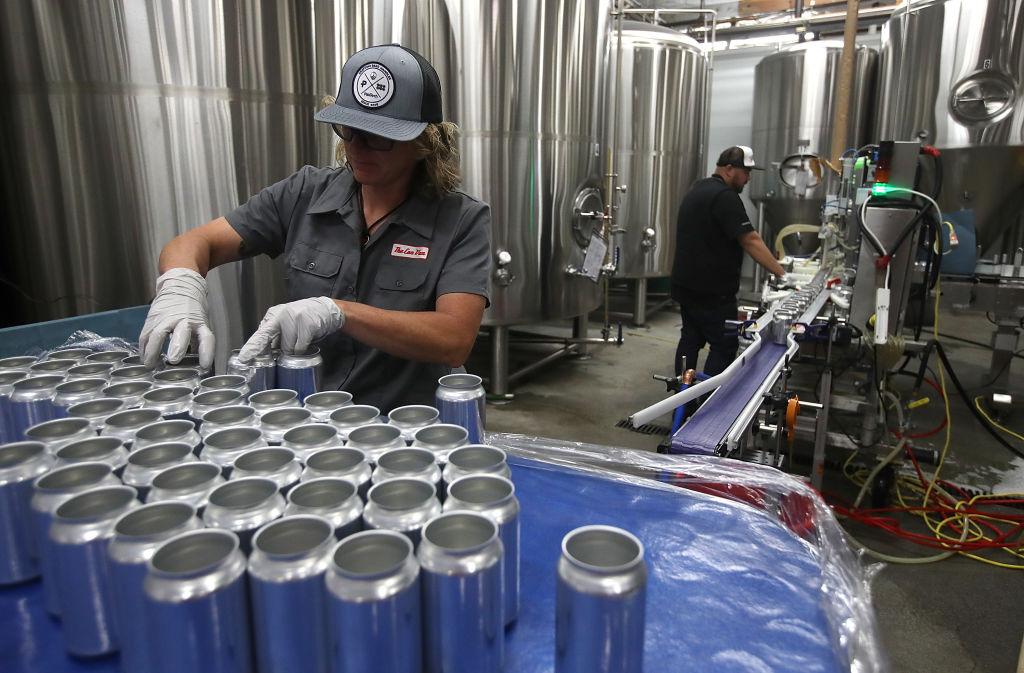WASHINGTON—The U.S. aluminum industry was on the brink of extinction a year ago, but it is thriving now due to the aluminum tariffs imposed by the Trump administration.
A new report by the Economic Policy Institute (EPI) shows that the 10 percent levy on aluminum imports imposed in March is bringing back thousands of American jobs, sparking reinvestment in aluminum manufacturing, and contributing billions of dollars to the U.S. economy.





